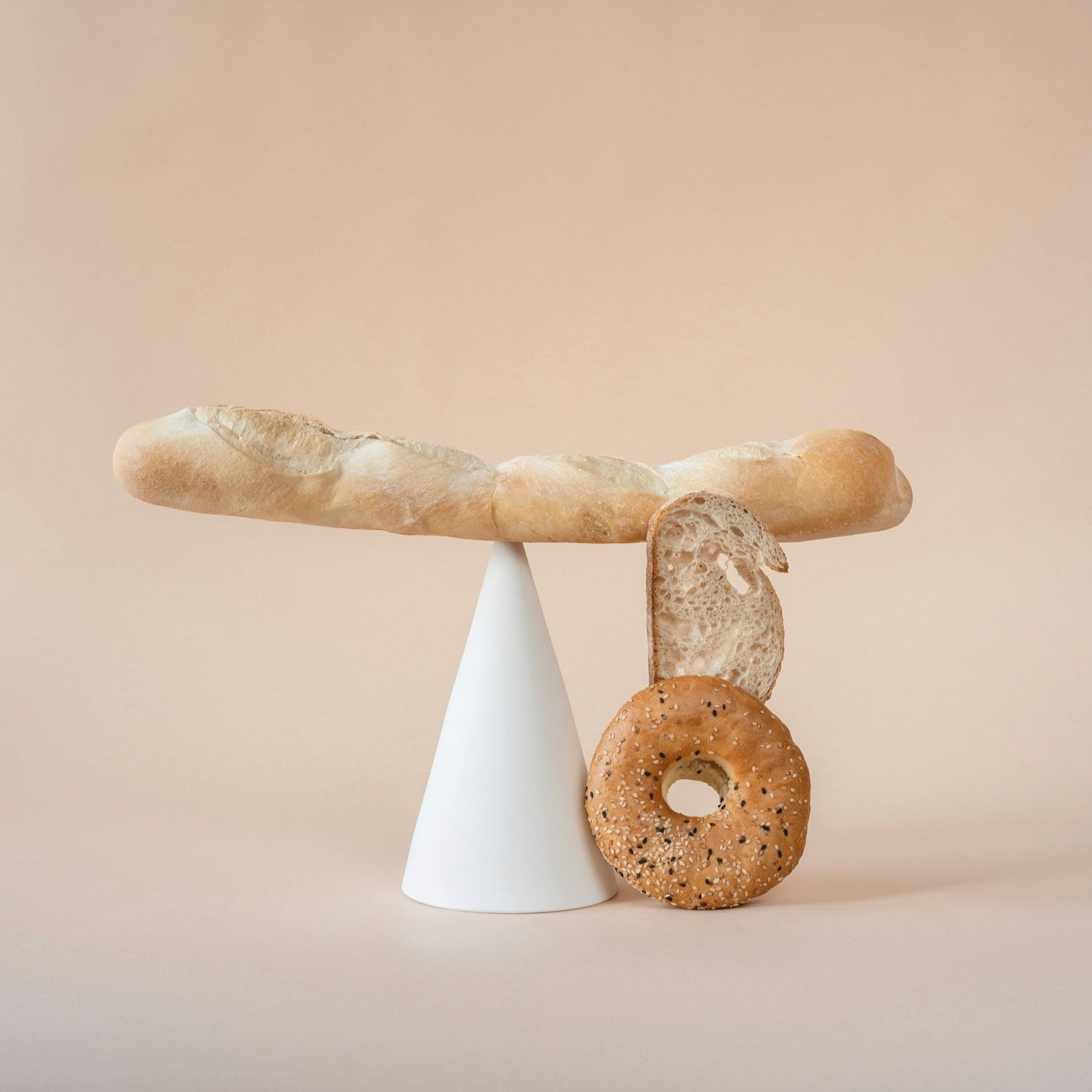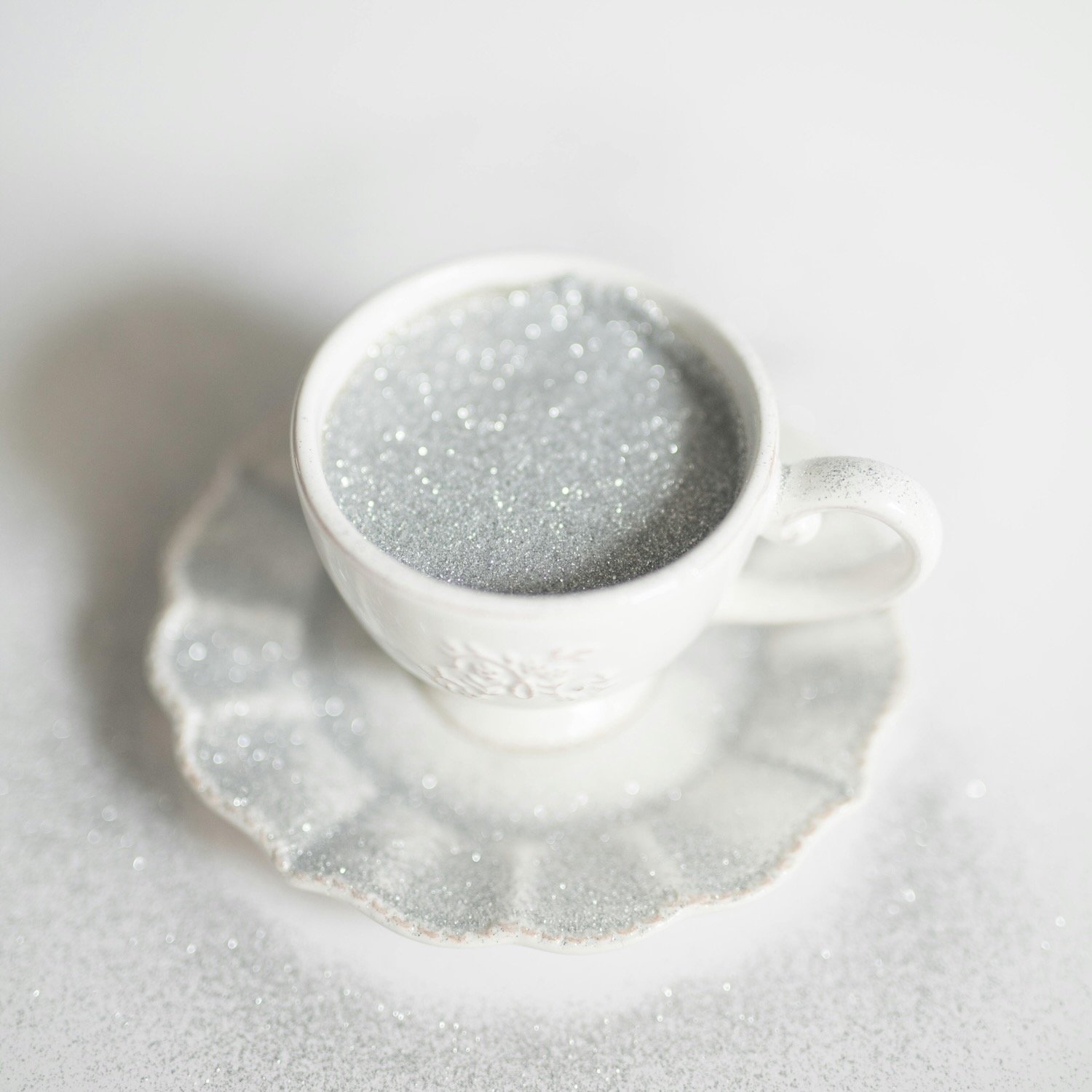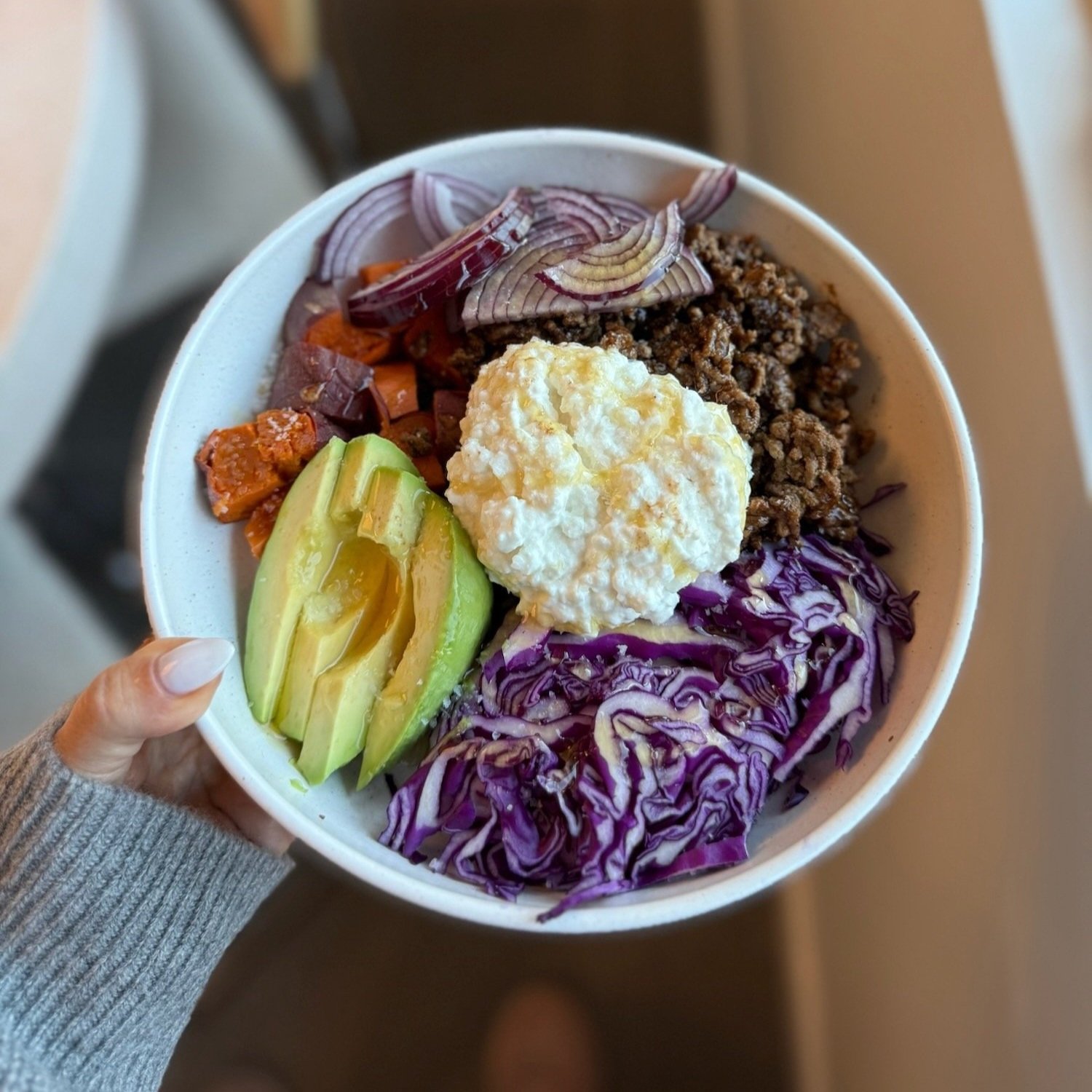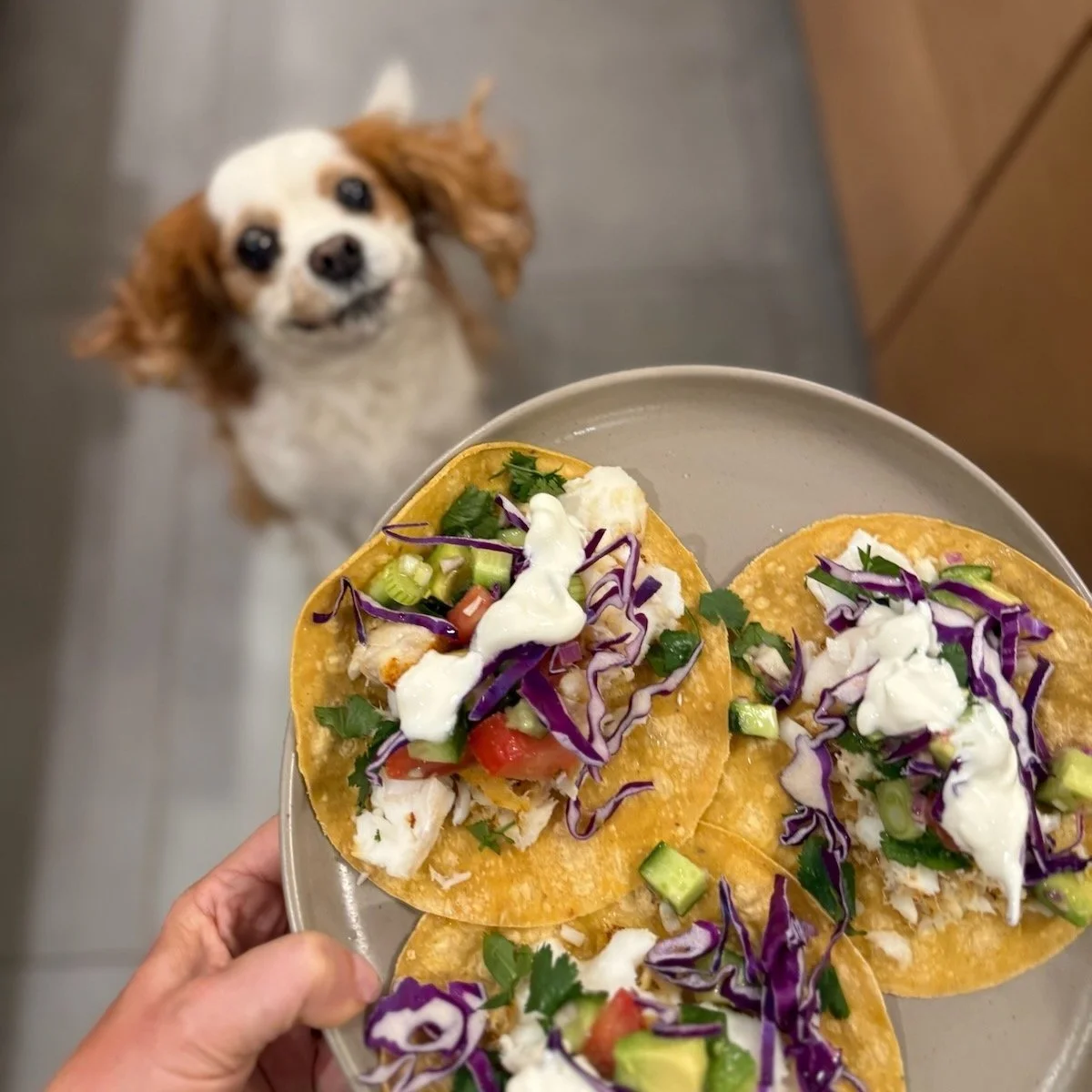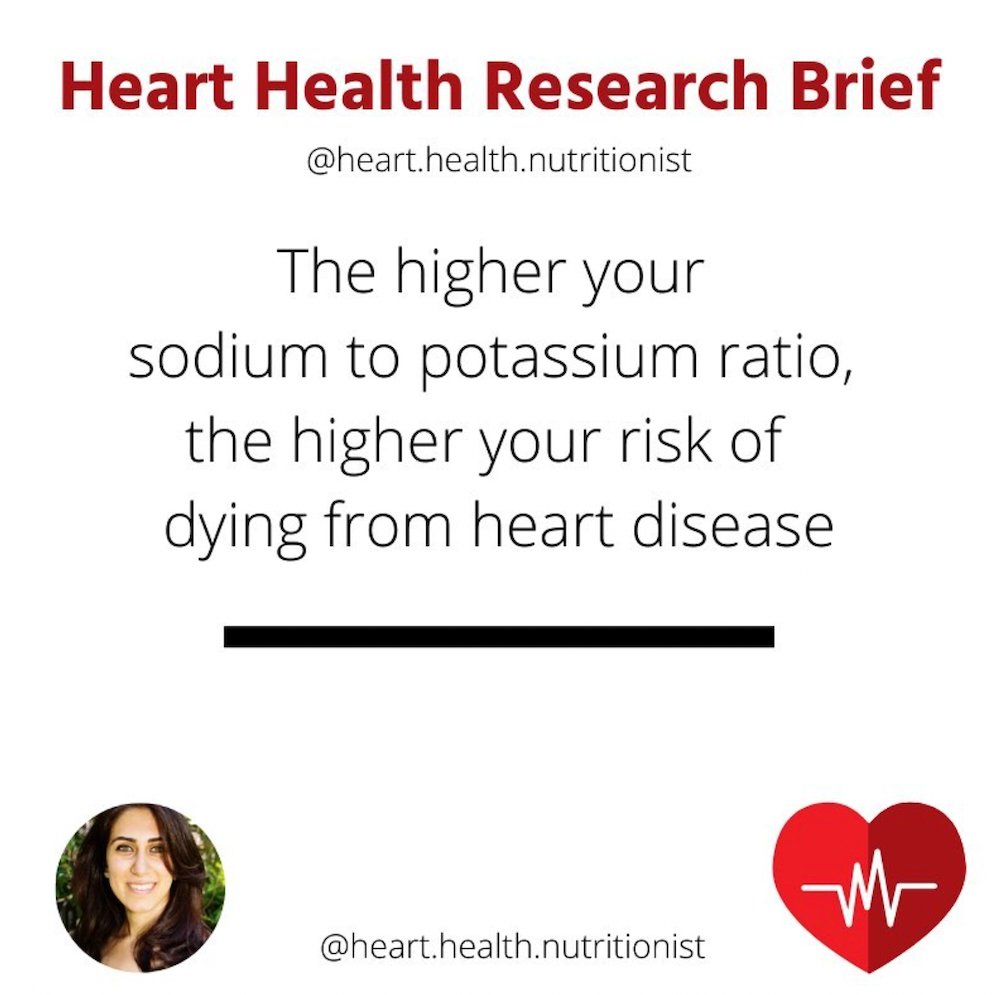This Medical Condition Is The #1 Risk Factor For Death - Prevent It By Eating More Of This One Thing
Are we all cool with click-bait when it could save your life?
by The Candidly Team
If you’re enraged by the title of this article and are just here to fill in the blanks, here you go. We’re truly not out to waste your time.
The medical condition is hypertension and the food is fruit.
BUT DON’T GO YET!
Because had we told you this straight off the bat, you might have merely thought “duh” and gone about your day, never letting it fully sink in that something as easy and un-painful as consuming more FRUIT could make such a huge difference to your health.
But it can. And here’s exactly how.
The relationship between fruit and hypertension:
Of course, we all know fruits and vegetables are good for us. But did you know that consuming whole fruit specifically is associated with reduced risk of hypertension aka high blood pressure aka the major contributing factor to heart disease which is THE leading cause of death in America?
One review and meta-analysis study concluded that increasing fruit consumption by almost 300 gr/day reduced hypertension risk by 7%. Another study from 2023 found that while eating more fruit was related to reduced odds of hypertension, no such “significant relationship” was found in vegetables or dairy.
And look, there are lots of studies are out there saying we need about 5 servings of fruits and vegetables a day to lengthen our lives in myriad ways. For instance, “compared with people who said they ate just two servings of fruits or vegetables each day, people who ate five servings per day had…a 12% lower risk of death from heart disease or stroke,” according to Harvard Medical School.
The bottom line is, we need both fruits and vegetables to fend off death, and only 1 in 10 of us are actually eating enough.
Why is fruit so critical?
Fruits and vegetables are full of minerals like potassium and substances called flavonoids, both of which are linked to lower blood pressure, wrote Harvard Health. Increasing our intake of potassium and reducing our intake of sodium is a magical balance we need to help avoid high blood pressure. And eating more fruit can help counter the effects of salt.
And now is about the time you might be asking, “but what about the sugar in fruit?” Here’s the thing: we all need to chill about being afraid of the sugar in fruit because whole fruit is a literal life-saver. Eating an entire apple’s worth of sugar IS different than eating the same sugar amount in Kit-Kats. Firstly, because like we said, that apple is full of other life-saving elements. And secondly, when we finish an apple, we don’t want ANOTHER apple. We’re good on apples. But we do want another Kit-Kat. Or maybe we crave something else sugary. So sugar management becomes harder. But the sugar in fruit is not warranting of our fear.
What fruits help most with blood pressure?
Researchers in one recent study that showed the positive impact of fruit on blood pressure were very quick to say that further studies were needed before conclusions could be drawn regarding which specific subtypes had which effects, but they also noted the following fruits and vegetables as being among those that seem to have benefits, including:
Apples
Pears,
Avocado
Blueberries
Raisins or grapes
Broccoli
Carrots
Lettuce
Onions
The National Council on Aging also called out these fruits and veggies as being great choices to help naturally lower blood pressure:
Berries
Beets
Sweet potatoes
Leafy greens
Bananas
Kiwifruit
Ultimately, it’s really about getting our servings of whole fruit up to the recommended levels.
So go ahead and call us Mary Poppins with our dumb title being the spoonful of (naturally occurring) sugar that got you to read this. But please, please then go on to swallow more fruit. Your heart will thank you.
This article is for informational purposes only. It is not intended to be used in place of professional advice, medical treatment, or professional care in any way. This article is not intended to be and should not be a substitute for professional care, advice or treatment. Please consult with your physician or healthcare provider before changing any health regimen. This article is not intended to diagnose, treat, or prevent disease of any kind. Read our Terms & Conditions and Privacy Policy.



